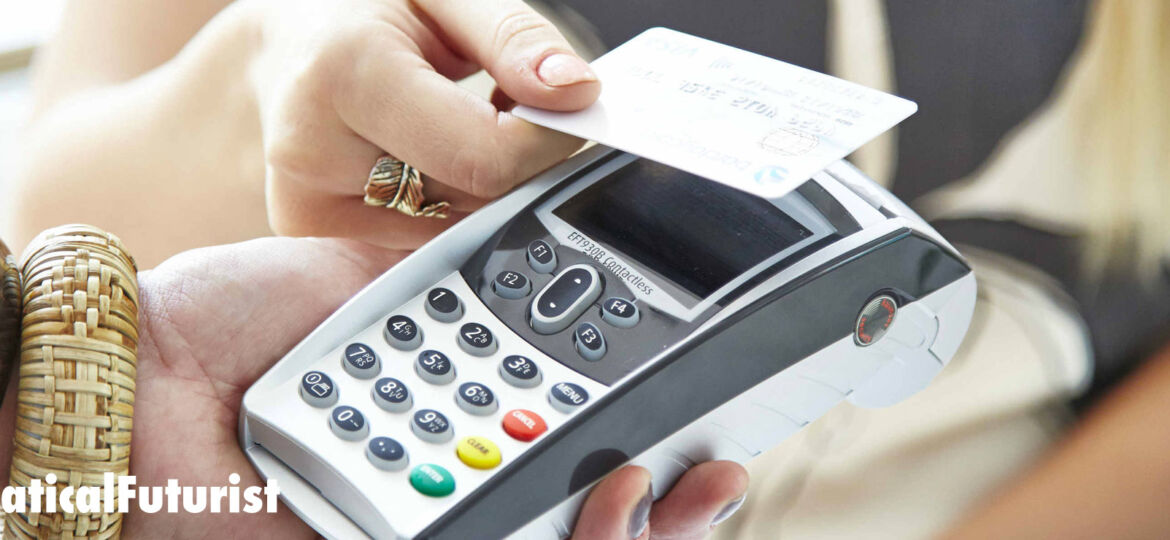
WHY THIS MATTERS IN BRIEF
Cash has been with us for Millenia, however, slowly but surely its reign is coming to an end but the road to phase it out completely will be a long one.
Over the past five years there has been a dramatic rise in the number of people predicting the rise of the cashless society, something I covered in my Future of Money presentation to 6,500 avid gaming enthusiasts in Amsterdam last month, and while countries like China and Sweden are now taking the first steps on what will inevitably be a long road to become the world’s first cashless countries, this week the UK passed a milestone as card payments over took cash as the dominant way to pay for goods, now accounting for more than fifty percent of all purchases.
The new figures from the British Retail Consortium show that 10 years after their introduction in the UK, and following an initially lukewarm reaction, contactless payment cards have finally won over the British public and they now account for a third of all card purchases, up from 10 percent as recently at October 2015, and it’s this that’s being credited with tipping the balance as more and more people turn to contactless, rather than cash, to pay for small transactions.
In its latest annual payments survey, the BRC said debit, credit and charge cards had “firmly established their place as the dominant payment method in retail”, and were “increasingly displacing cash for lower value payments as well as higher value ones”.
For years, cards have accounted for the majority of retail spending by value, but 2016 was the first year they also accounted for more than 50% of all transactions, it was also the first time that debit cards overtook cash, and they now account for 42.6% of all transactions, putting them a whisker ahead of notes and coins, which fell almost five percentage points to 42.3%.
“One of the biggest drivers has been the increasing use of contactless payments,” said the BRC. More than two thirds of staffed payment terminals in shops are now able to accept contactless cards, up from less than half a year ago.
Contactless cards were introduced in the UK in 2007, and initially the public was slow to embrace the technology, with the payment revolution largely confined to coffee shops and sandwich chains, but recently the number of wave and pay outlets has exploded, and the technology has reached into almost every aspect of our lives.
Music fans attending this month’s British Summer Time concerts in London’s Hyde Park were able to pay for a pint with a tap of their plastic, while the Church of England is trialling electronic collection plates in about 40 churches that will have handheld terminals to swipe for donations.
There are more than 108m contactless cards in the UK, and the maximum limit for a single transaction is £30, a figure that hasn’t changed since autumn 2015 so this is a trend that is likely to continue.
So, while the UK becoming a cashless society is likely still two decades away, given the amount of cash still in circulation and the amount of time it would take to transition, it’s clear that globally the move away from cash to cards, as well as the adoption of digital currencies, is firmly under way.
















